Well, I don't know if this is what you intend, but whatever the command name is will be the last recognition. Do you mean the recognition before that one? That is, the one you said before you say the command? In that case, try the following, but be advised, it's not like saying the phrase again. It's literally copying out what Dragon heard you say (recognized). So if you say at the start of a sentence "this is a test period" to have Dragon type out "This is a test.", your new command will type out "this is a test period".
Sub Main
Dim engine As New DgnEngineControl
engine.DlgShow(dgndlgRecognitionHistory,0,,0) ' Call up Recognition History
Wait .5 ' Need a short delay
SendKeys "{Up}", True ' move up to prior utterance
SendKeys "{Tab}", True ' move to utterance selection
Wait .3
SendKeys "^c", True ' Copy to the clipboard
Wait .5 ' Need a short delay for clipboard
SendKeys "{Esc}", True ' Close recognition history
Wait .3
SendKeys "^v", True ' Paste from clipboard
End Sub
To convert the recognition to a newly recognized utterance requires some additional work.
Hth
